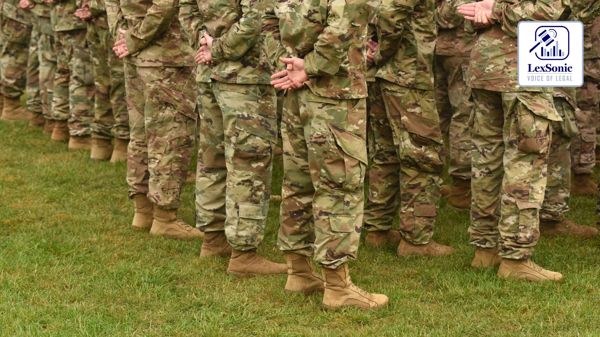Indian Military Nursing Service Personnel Included in "Ex-Servicemen" Category Under Punjab Rules: Supreme Court Affirms.
16 April 2025
Civil Appeals >> Civil & Consumer Law | Armed Forces Tribunal >> Miscellaneous
The central question before the apex court was whether the term "ex-servicemen" as defined in the Punjab Recruitment of Ex-Servicemen Rules, 1982 (Punjab Rules, 1982) encompasses individuals who have served in and been released from the IMNS.

Respondent No. 4, on the other hand, was released from the IMNS after completing her service period and applied under the same "ex-servicemen" category. However, her candidature was rejected by the state government in May 2021, based on an interpretation that IMNS personnel did not qualify as "ex-servicemen."
However, a division bench of the High Court overturned this decision, concluding that the Punjab Rules, 1982, which govern the recruitment in question, did not exclude those retired or released from the IMNS from availing the benefits available to ex-servicemen. The High Court consequently directed the state to appoint the respondent if she was found meritorious, along with notional benefits of service.
The apex court clarified that the Central Rules, 1979 were not applicable in this case as the recruitment was for state government posts, and the Punjab government was entitled to frame its own rules under Article 309 of the Constitution. The relevant rules were the Punjab Rules, 1982.
The Court emphasized the significance of the Military Nursing Service Ordinance, 1943, which constitutes the IMNS as an "auxiliary force of the Indian Military" and "part of the armed forces of the Union." Personnel of the IMNS hold commissioned ranks, and their service is governed by the MNS Ordinance and certain provisions of the Army Act, 1911. The Supreme Court also referred to its earlier judgment in Jasbir Kaur v. Union of India, which had held that the IMNS is a part of the Indian Army, albeit a distinct class.
The Court rejected the argument put forth by the State of Punjab based on clarifications issued by the Kendriya Sainik Board, stating that while the Board formulates policies for ex-servicemen welfare, its interpretations do not override the rules framed by the state government under its constitutional powers.
The Supreme Court directed that respondent No. 4, if found meritorious and otherwise eligible, should be given an appointment with notional benefits of service but without backwages.
